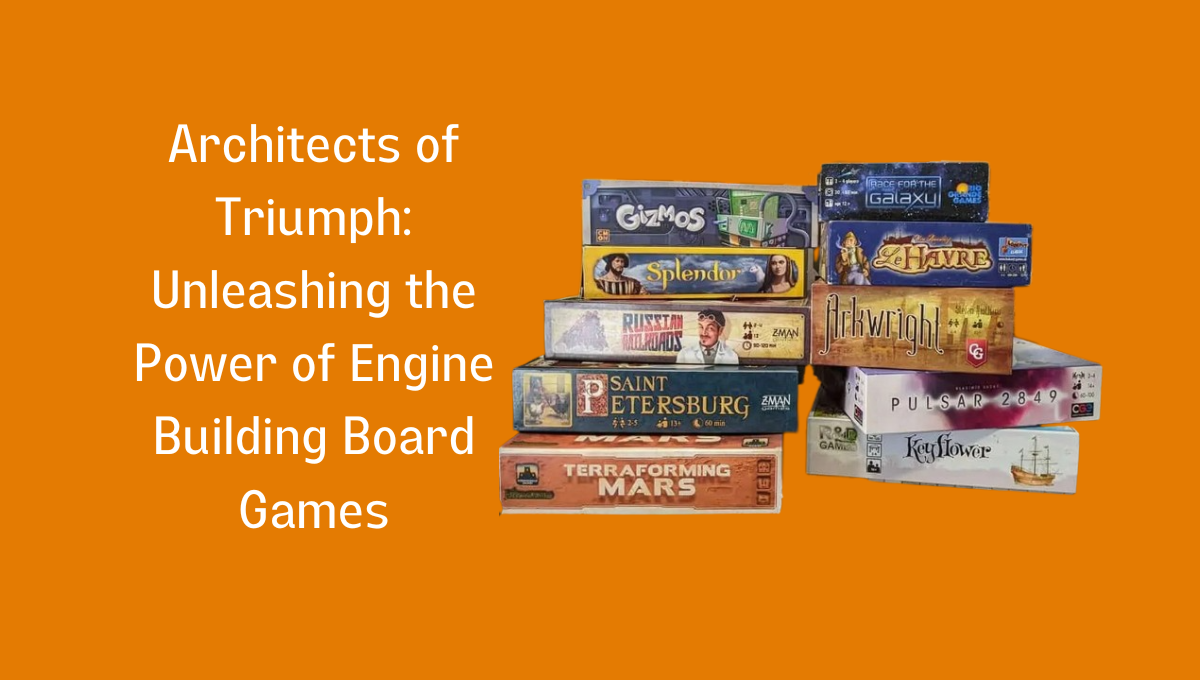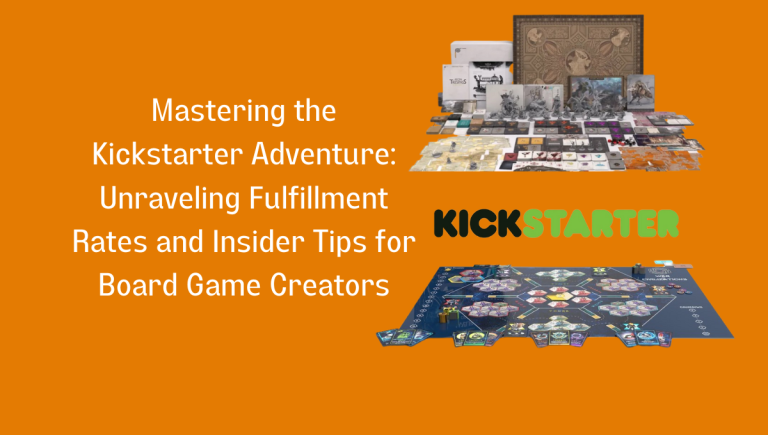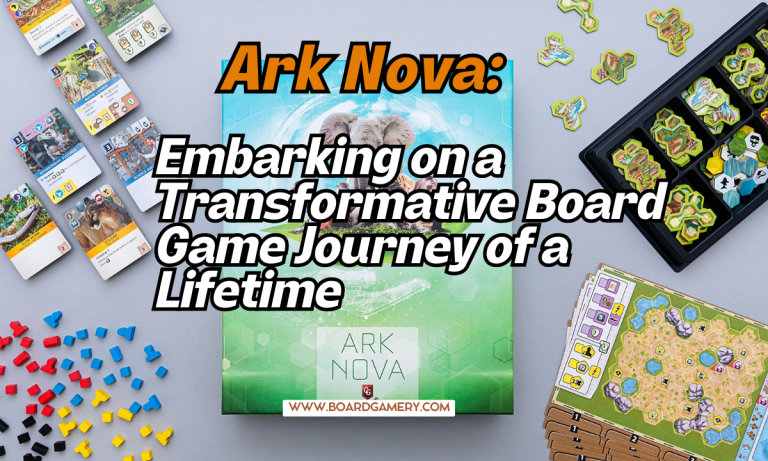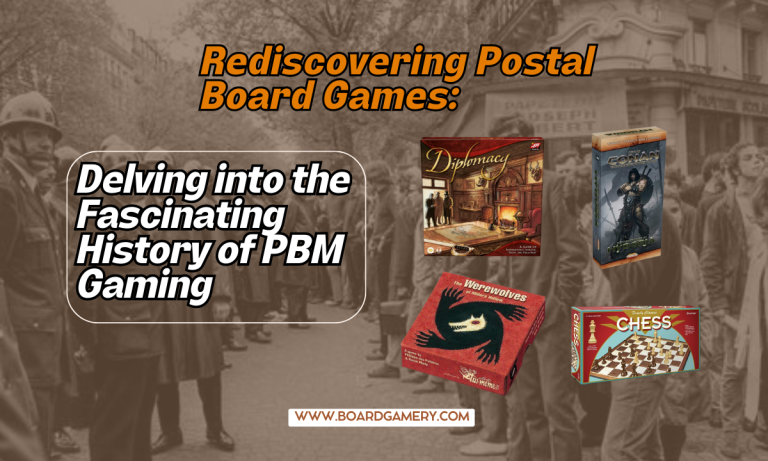Mastering the Magic of Engine Building Board Games
An Engine of Fun: A Dive into Engine Building Games
Ah, engine building games. Even saying it out loud feels like a magic spell that transports you to a world of gears, cogs, and giant machines that no human could ever hope to understand. Or maybe you just imagine building car engines? Or, perhaps, you have no idea what it even means! Fear not, dear readers, for today we embark on a thrilling journey through the mysterious, enchanting, and (sometimes confusing) realm of engine building games.
In the words of the great Chris van der Heide: “An engine takes an input, or series of inputs, and then produces an output. Engine-Building is the process of increasing the output, whether in scope or amount, relative to the input. Everything else (cards, tiles, resources, turns, etc.) is completely irrelevant.” Yeah. Whatever that means, right?
Let’s break it down further and, more importantly, have some laughs along the way.
The Building Blocks of an Engine
Since we’re going to be talking about engine building games, we need to know what constitutes an engine. Luckily, we already have the wise words of Chris van der Heide to guide us. At its most basic level, an engine-building game is all about efficiency and optimization. Players work to acquire resources, which they then use to perform actions that help them acquire even more resources.

Think of it like starting a business. At the beginning of the game, you can’t do much because you don’t have much capital. But as you invest in your business, you become more successful, and you can afford to invest in even better actions that give you more resources, which makes your business even stronger. It’s a beautiful, intricate chain of events that can leave your opponents in the dust.
Engine Building Games in the Wild
Now that you know what an engine is, let’s apply that knowledge to some actual games. The quintessential engine-building game that also happens to be a family favorite (ahem, Splendor) puts players in the role of jewel merchants. They use their resources (gems) to buy cards that give them better abilities to buy cards.
More About Splendor:

| Rating | 7.4 |
| For Players | 2-4 |
| Time Duration | 30 Min |
| For Age | 10+ |
In the classic board game, Catan, players work to expand their network to potentially get more resources. Remember the “Sheep-O-Matic 3000”? Yeah, that’s one powerful engine! Deck-building games like Dominion also fall into this category, where you work to acquire more powerful cards that grant you better abilities to buy cards that interact with each other for better effects. It’s like a never-ending cycle of better, stronger, more efficient engines!
More About Catan:
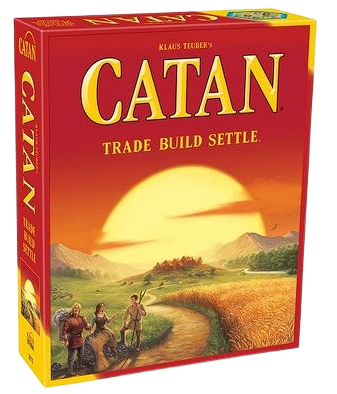
| Rating | 7.1 |
| For Players | 3-4 |
| Time Duration | 60-120 Min |
| For Age | 10+ |
More About Dominion:
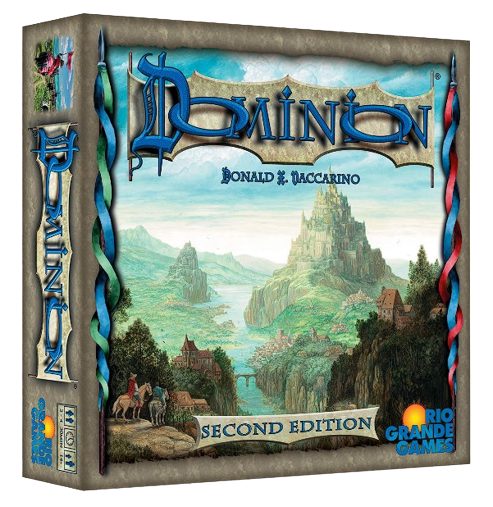
| Rating | 7.6 |
| For Players | 2-4 |
| Time Duration | 30 Min |
| For Age | 13+ |
Not All Engines Are Created Equal
Some engines are more powerful than others. In Splendor and Catan, the engine-building aspect is limited to the optimization of placement of your cities to create resources when the dice are thrown. But other games take the engine-building to the extreme by letting players create entire networks of crazy complex chain reactions. Whether that means turning sticks and rocks into hammers and axes in order to gather better quality wood and rocks or acquiring cards in Race for the Galaxy that give you discounts on colonizing a world and more cards when you trade – the goal is always the same: to create the best engine possible.

Engine Building Games: A Love Them or Hate Them Affair
As with most things in life, engine-building games aren’t for everyone. Some people find them boring and monotonous, while others can play them for hours on end without tiring. They’re like the Marmite of the board gaming world. But that’s the beauty of board games – there’s something for everyone. There are so many different genres and styles that even if engine-building games aren’t your cup of tea, there’s bound to be something else that tickles your fancy.
Engines Everywhere!
So, there you have it! Now you know what it means when someone says they’re playing an engine-building game. They’re not literally building a car engine or constructing some monstrous machine, but instead working towards increasing their efficiency and output in a world of resource management, strategic decisions, and – let’s be honest – lots of fun.
Next time someone mentions that they’re into engine-building games, you’ll be able to nod sagely and even suggest a few games for them to try. And who knows, maybe you’ll discover a newfound love for creating complex chains of events and optimizing your efficiency in the process.
In the meantime, maybe we’ll check out a few other game genres or mechanics that pique our interest. Until then, keep on building those engines!
